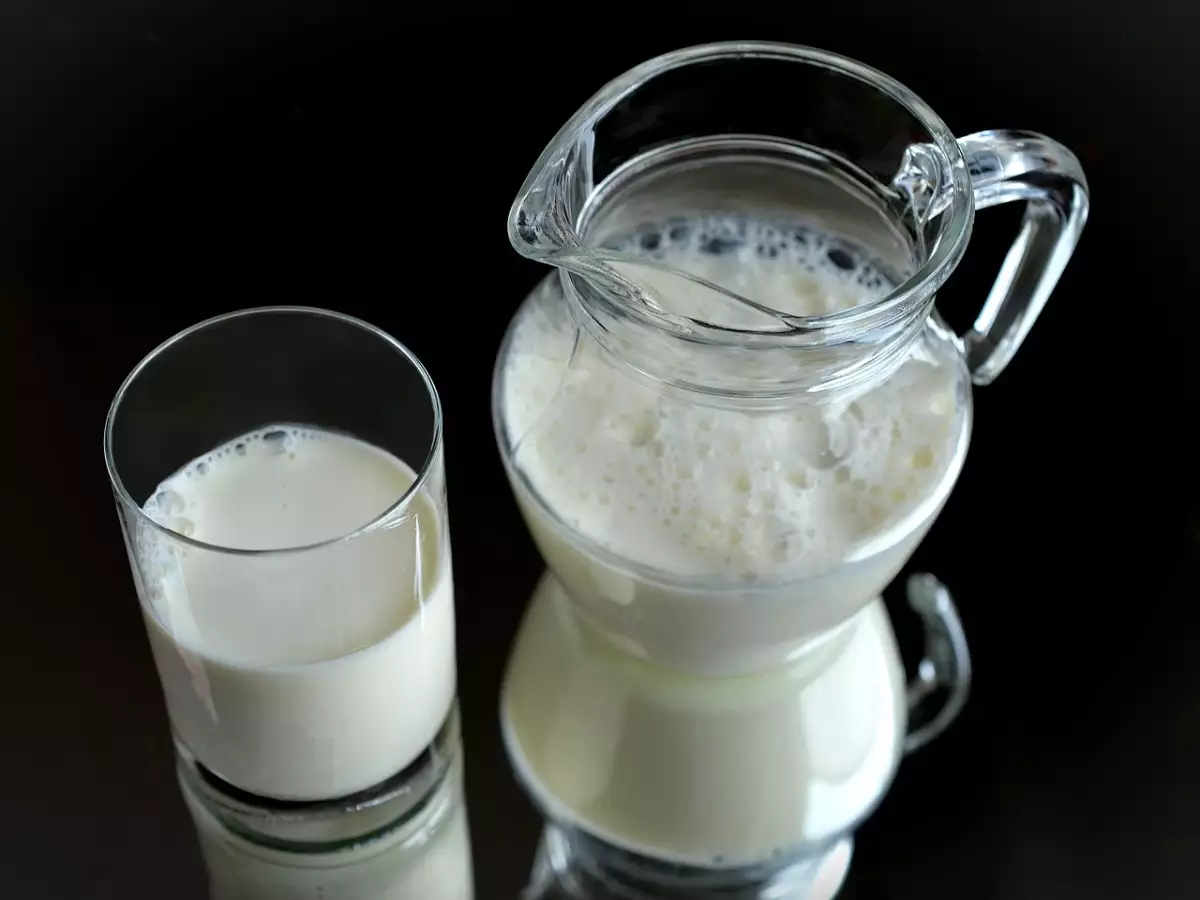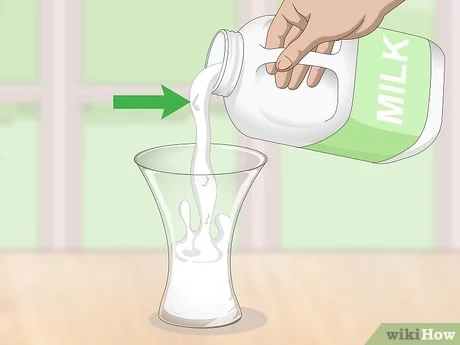What Happens If You Drink Spoiled Milk? Exploring the Consequences
Spoiled milk is a common occurrence in households, often resulting from neglect or improper storage. While many people have encountered expired milk at some point, they may wonder about the consequences of consuming it. This article aims to shed light on the potential effects of drinking spoiled milk and highlight the importance of proper milk storage and consumption.

Milk
I. What Causes Milk to Spoil?
1. Bacterial Growth:
- Introduction of bacteria into milk
- Factors promoting bacterial growth (temperature, hygiene, etc.)
2. Enzymatic Reactions:
- Breakdown of lactose into lactic acid
- Impact of enzymes on milk spoilage
II. Recognizing Spoiled Milk:
1. Visual Clues:
- Changes in color (yellowing or discoloration)
- Presence of clumps or curdled chunks
2. Smell Test:
- Foul odor (sour, rancid, or putrid)
- Unusual or pungent scent
3. Taste Test:
- Sour or bitter taste
- Unpleasant aftertaste
III. Potential Health Risks:
1. Food Poisoning:
- Bacterial contamination (Escherichia coli, Salmonella, etc.)
- Symptoms (nausea, vomiting, diarrhea, abdominal pain)
2. Gastrointestinal Distress:
- Upset stomach and indigestion
- Increased flatulence or bloating
3. Allergic Reactions:
- Milk allergies and sensitivities
- Possible allergic response (rashes, itching, swelling)

Milk is bad
IV. Immediate Actions:
1. Cease Consumption:
- Stop drinking spoiled milk immediately
- Spit out if still in the mouth
2. Stay Hydrated:
- Drink plenty of clean water to flush out toxins
- Rehydrate the body if experiencing diarrhea or vomiting
3. Seek Medical Assistance:
- Consult a healthcare professional if symptoms worsen or persist
- Provide relevant information regarding milk consumption
V. Prevention and Storage Tips:
1. Refrigeration:
- Store milk at the correct temperature (around 40°F/4°C)
- Avoid leaving milk at room temperature for extended periods
2. Expiration Dates:
- Check and adhere to the milk's expiration date
- Avoid using milk past the indicated date
3. Proper Handling:
- Ensure clean hands and utensils while handling milk
- Prevent cross-contamination with spoiled foods
Drinking spoiled milk can lead to various health risks, including food poisoning and gastrointestinal distress. Recognizing the signs of spoilage and taking immediate action to cease consumption are crucial to minimize potential harm. By following proper storage and handling practices, individuals can mitigate the risks associated with spoiled milk and ensure their well-being. Remember, when in doubt, it's better to err on the side of caution and discard milk that appears or smells spoiled.